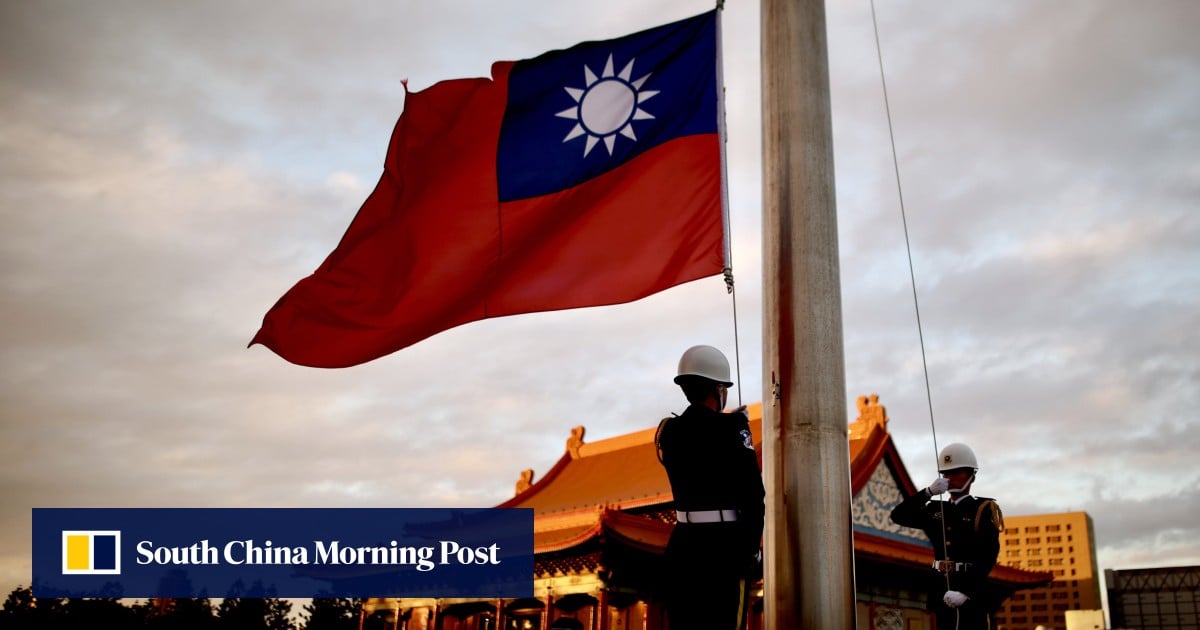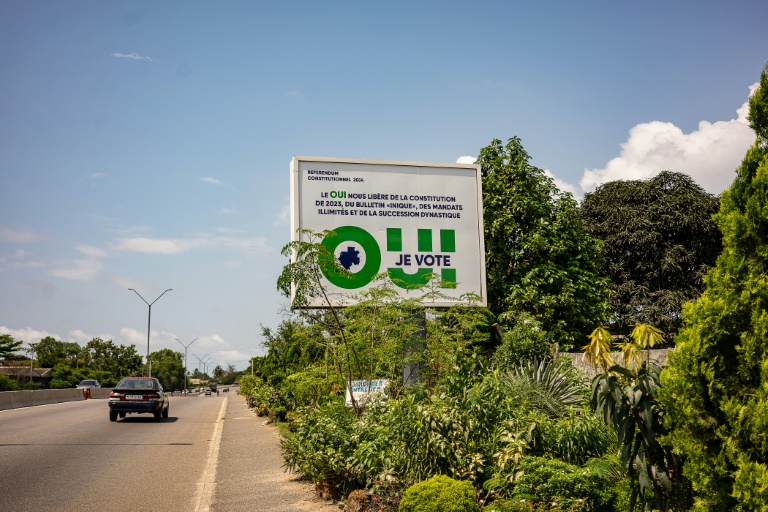‘How far’ will president-elect go to push Taiwan away from mainland China?
‘How far’ will president-elect go to push Taiwan away from mainland China?
Lai, also from the DPP, is expected to deliver his inaugural address in May when he replaces Tsai.
“If Beijing’s policy toward Taiwan does not change, then cross-strait tensions will continue and possibly grow, and the mainland will probably increase diplomatic, economic, and military pressure on Taiwan,” Glaser said.
Taiwan has been under constant military pressure in recent years from Beijing, which sees the island as part of China to be reunited by force if necessary.
Most countries, including the US, do not recognise Taiwan as an independent state, but Washington is opposed to any attempt to take the self-governed island by force and is committed to supplying it with weapons
A former US official to Taiwan, Douglas Paal, who headed the American Institute in Taiwan – the de facto US embassy – from 2002 to 2006, also advocated for more communication between Beijing and Taipei, with Washington potentially serving as a “message carrier” between the two sides.
Paal said that from now until Lai’s inauguration in May could be “a great time” to reestablish communication with the help of “trusted intermediaries” to convey the views of Beijing and the incoming Lai administration in Taipei.
Da Wei, director of the centre for international security and strategy at Tsinghua University, urged Beijing to increase people-to-people exchanges with Taiwan and maintain good economic ties.
He said Beijing should consider maintaining or even increasing economic interactions with Taiwan, “leave the political dispute aside” and “let the people talk to each other”.
As Taiwan election looms, Beijing uses economic coercion to pressure voters
As Taiwan election looms, Beijing uses economic coercion to pressure voters
The tariff cut suspension, which came into effect on January 1, was seen as an early warning from Beijing of the possible economic fallout of a DPP victory.
The DPP criticised the timing of the measure as “obvious meddling in the election”.
In comments seen as an attempt to reassure Beijing and Washington, Alexander Yui Tah-ray, Taiwan’s new de facto envoy to the US, told the Associated Press on Thursday that Lai was willing to engage with Beijing, even as Taipei sought to strengthen ties with Washington.
He added that Taipei sought to maintain the status quo of cross-strait relations.
“We want the status quo. We want the way it is – neither unification, neither independence. The way it is is the way we want to live right now,” he said.







